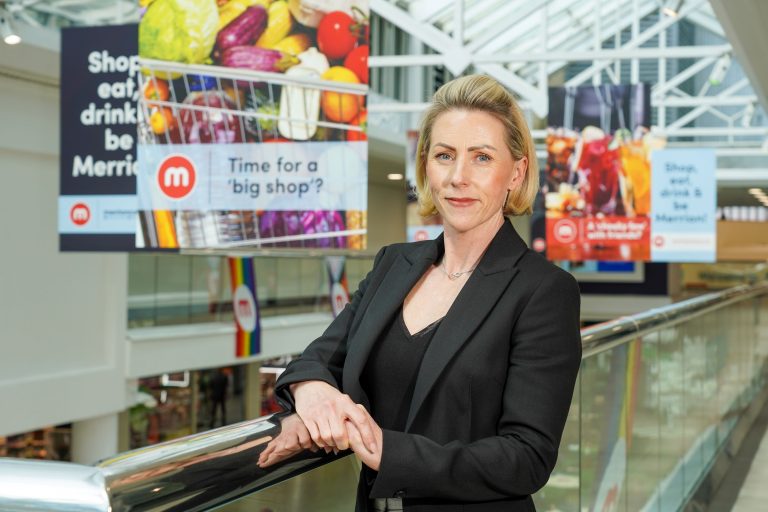Harrogate firm facilitates MBO at £35m turnover tile business
Sheffield building products supplier gives profit warning
SIG, a Sheffield-based supplier of specialist insulation and building products, has warned of lower than expected sales and underlying operating profit.
In a trading update for the year ending 31 December 2024 to date, the business noted that market conditions have remained challenging, with subdued demand in the majority of its markets, reflecting ongoing softness in the building and construction sector.
With weaker than expected trading in recent weeks and a more cautious view of the timing of any potential market improvements, the Board now expects 2024 full year underlying operating profit to be in the range of £20m to £30m – below the current analyst range of £36.7m to £43m.The company also highlighted a Group like-for-like (LFL) sales decline versus the prior year’s May and June of 7%.
SIG said it “continues to perform well relative to its markets and is also continuing to drive cost reductions and efficiency initiatives, which support the continued expectation of a stronger second half performance and will help drive higher profitability as markets recover.”
Green cleaning company’s recycling scheme saves 10,000 plastic containers from landfill
Holmfirth town centre improvement scheme to get underway in July
David Shepherd, Strategic Director for Growth and Regeneration at Kirklees Council, said: “Holmfirth is a beautiful town, and a fantastic place to live, visit and spend time. The Holmfirth Town Centre Access Plan will give longevity to the area, modernising Holmfirth’s unique offering, whilst embracing and celebrating the town’s world-famous heritage.
“Once complete, the town centre will be much more accessible and enjoyable for all, whilst we continue to help local businesses thrive and boost the local economy, whilst improving congestion, journey times and encourage active travel.
“This is scheme is a collaborative effort by the community, council and the Combined Authority to create a brighter future for Holmfirth.” The Holmfirth Town Centre Access Plan is a partnership project between the council and the West Yorkshire Combined Authority. The scheme aims to help reduce traffic congestion and carbon emissions by prioritising sustainable transport options such as walking, cycling, wheeling and public transport, while ensuring accessibility for all, and supporting the growth and development of the cultural sector.





















